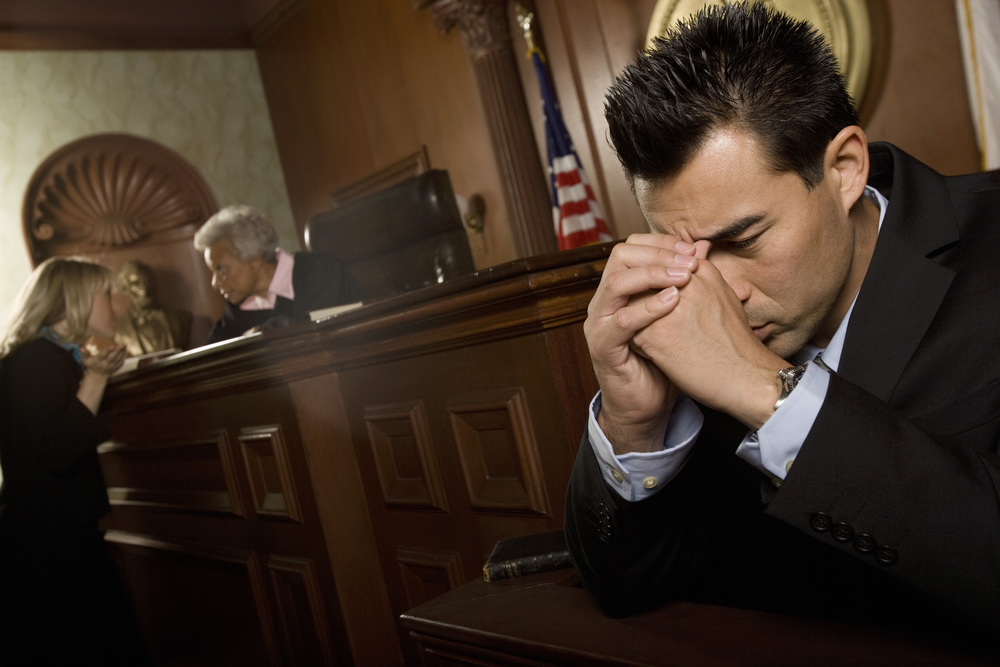Anyone facing a situation in which they need to go to court will undoubtedly have some concerns about doing so. There are many different questions that need to be answered and anxiety that can cause someone to want an experienced lawyer to begin with. For deaf and hard of hearing individuals, however, the plan ahead becomes all the more important. Failing to understand the full scope of rights available to such individuals can make the prospect of going to court even more overwhelming. Thankfully, there are methods in place to help.
 What You Need to Know About Deaf and Hard of Hearing Rights
What You Need to Know About Deaf and Hard of Hearing Rights
There is nothing more anxiety provoking for an individual who may need to head into court for any type of legal issue as knowing that a hard of hearing problem or deafness could make it more challenging to communicate with officers of the court or to clearly make points. In the event that you are hard of hearing or deaf, bear in mind that you have the legal right to effective communication so that you can appropriately participate in court programs, services or proceedings.
The rights of deaf and hard of hearing individuals are outlined within Title 2 of the Americans with Disabilities Act and it protects those individuals with disabilities including those who may be hard of hearing or deaf who need to participate in court activities at the state or local level. This can include a broad range of individuals such as jurors, parties to legal claims, witnesses, victims, spectators, and attorneys. Although federal courts are not covered by the Americans with Disabilities Act, federal court policy does require the federal courts to provide reasonable accommodations to individuals with communications disabilities.
Effective communication refers to the ability of a person to be understood or to understand what is happening in any court program or proceeding. This may require some kind of auxiliary service or aide such as a legal interpreter. In the event that you are hard of hearing or are deaf, working with an interpreter as well as an experienced attorney throughout the process can give you a great deal of peace of mind so that you know that you are communicating and understanding what is happening. 
An auxiliary service or aide for the deaf and hard of hearing includes transcription services, written materials, qualified interpreters, assisted listening systems and devices, captioning and any other method that helps to make audibly heard materials accessible to someone who is hard of hearing or deaf. This does not, however, include personal items like a cochlear implant or a hearing aid. Qualified interpreters or those individuals who are able to interpret accurately, impartially and effectively and who are familiar with any specialized vocabulary may be part of the process. Asking the court for this kind of support as soon as possible after you realize that you will need such support is essential.
